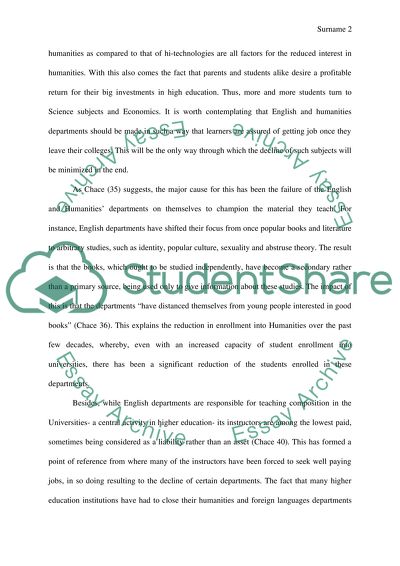Cite this document
(“The Decline of the English and Humanities Departments of Universities Research Paper”, n.d.)
Retrieved from https://studentshare.org/english/1404561-the-decline-of-the-english-and-humanities
Retrieved from https://studentshare.org/english/1404561-the-decline-of-the-english-and-humanities
(The Decline of the English and Humanities Departments of Universities Research Paper)
https://studentshare.org/english/1404561-the-decline-of-the-english-and-humanities.
https://studentshare.org/english/1404561-the-decline-of-the-english-and-humanities.
“The Decline of the English and Humanities Departments of Universities Research Paper”, n.d. https://studentshare.org/english/1404561-the-decline-of-the-english-and-humanities.


